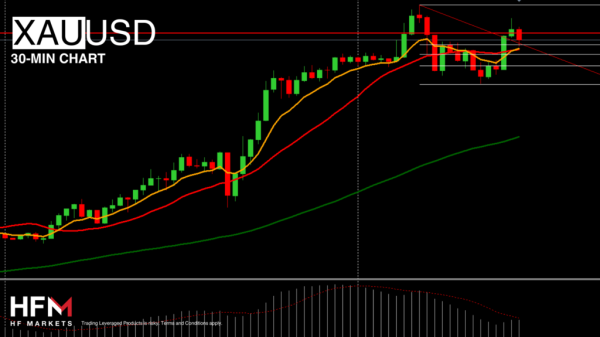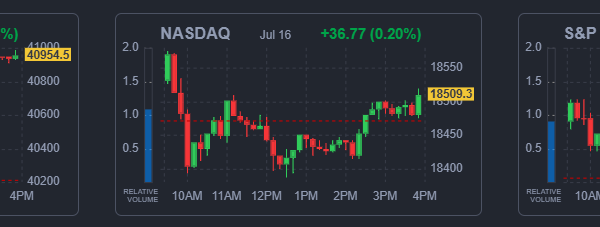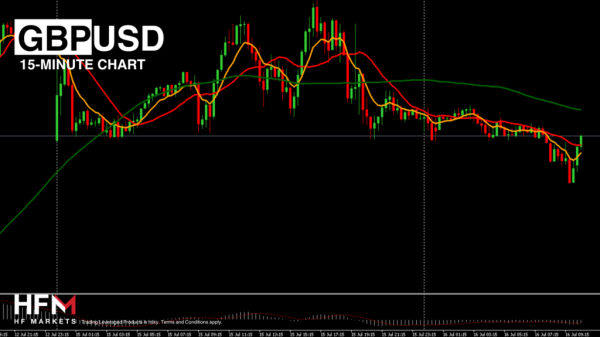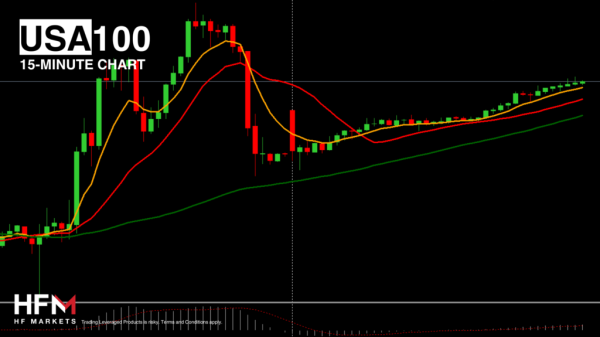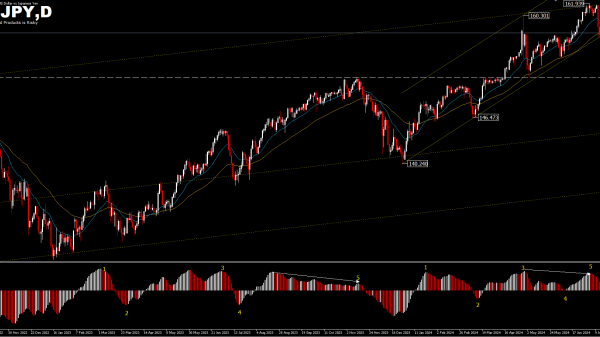Soft Commodities Surge: Impact on Inflation
Soft commodities have taken centre stage recently, as their surging prices complicate global inflation. Weather-related damage and escalating climate risks globally have led to significant price increases in agricultural commodities, including orange juice. In this article, we explore soft commodities’ price surge, its effects on consumers, and potential future trends in the market.
Rising Prices and Supply-Driven Bull Markets
In recent months, futures contracts on soft commodities like orange juice, live cattle, raw sugar, and cocoa have reached yearly highs. Paul Caruso, Ancora’s director of commodity investments, coined the term ‘supply-driven bull markets’ to describe the current market dynamics. The S&P GSCI Softs index, specifically designed to measure soft commodities, has surged by more than 18% this year alone.
The susceptibility of soft commodities to weather fluctuations is a major factor causing sharp price surges, disrupting their production. Darwei Kung, head of commodities at DWS, highlights the soft commodities market’s extreme vulnerability to climate variations due to sensitivity. The sensitivity of price hikes primarily stems from production challenges rather than demand fluctuations, creating a complex environment for stakeholders.
Consumer Impact and the Road Ahead
Consumers keenly feel the impact of rising prices. As prices surge, the burden on consumers’ wallets increases, adding to the already high core inflation rate. Acknowledging the challenging situation, CFOs from various industries are concerned about widespread inflation and its impact on consumer pricing.
However, there may be some relief on the horizon. The decline in commodities prices like corn and wheat provides consumers with a more positive outlook, easing their concerns. Additionally, some analysts anticipate that higher interest rates and a slower economic pace could curb consumer appetites, potentially alleviating the pressure on soft commodity prices.
In conclusion, the world of soft commodities, including food commodities like orange juice, live cattle, raw sugar, and cocoa, has been a major player in global inflation. Surging prices driven by weather-related damage and climate risks have made this market exceptionally volatile. As consumers grapple with the consequences of rising prices, the path forward remains to be determined. However, the fluctuations in soft commodities prices, alongside factors like interest rates and economic trends, will undoubtedly continue to shape the global inflation landscape in the coming months. As such, investors and consumers must remain vigilant and adaptable in these ever-changing markets, leveraging commodity trading platforms, commodity trading software, and commodities ETFs to navigate this complex terrain effectively.
The post Soft Commodities Surge: Impact on Inflation appeared first on FinanceBrokerage.
















